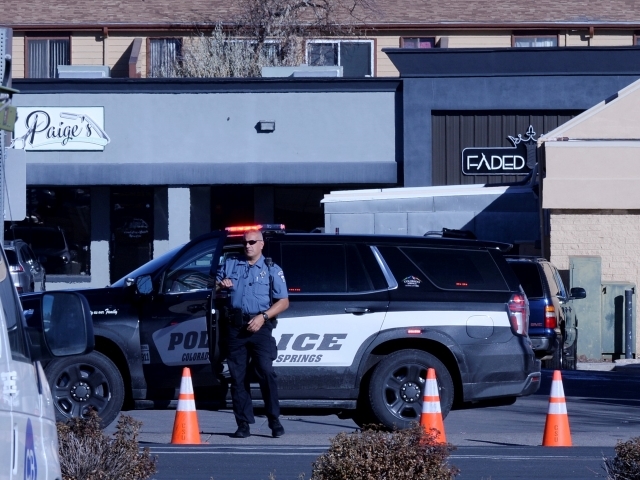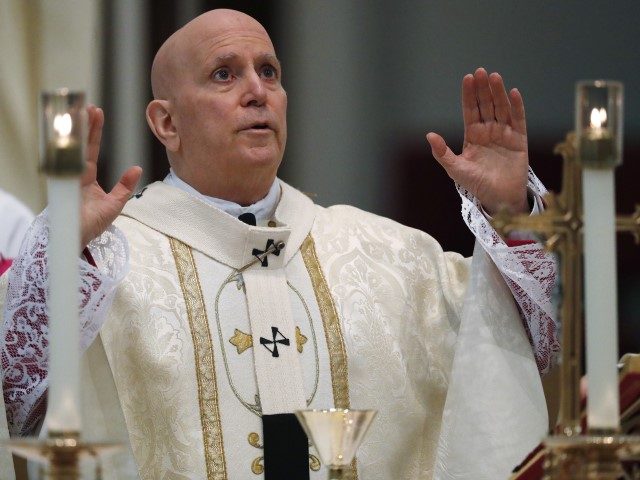Denver Archbishop Samuel Aquila has denounced attempts by the mainstream media to pin a recent shooting at a gay nightclub in Colorado Springs on the Catholic Church.
A recent article in the Denver Post, for instance, suggests that the “non-binary” shooter responsible for the Nov. 19 attack that killed five and wounded 25 was somehow influenced by the Catholic Church’s “anti-LGBTQ rhetoric,” Archbishop Aquila notes in a Dec. 9 op-ed in the Wall Street Journal.
The Denver Post report asserted “hateful rhetoric directed toward transgender people and the broader LGBTQ community” has been aired from “church pulpits,” citing the Archdiocese of Denver’s school-admission guidance on transgender and same-sex-attracted students.
The New York Times similarly attacked Denver’s evangelical community, casting the incident as “reminiscent of the faith’s long-held opposition to same-sex marriage,” Aquila writes.
Yet in point of fact, he observes, there has been no evidence of any connection between the gunman and the Catholic Church or any Christian community.
“Rather than suffering from overexposure to Catholicism, it seems he suffered from being raised in a dysfunctional household,” the archbishop contends.
The shooting suspect, Anderson Lee Aldrich, identifies as non-binary and uses “they/them” pronouns, according to a court filing, which hardly suggests hardline adherence to Catholic teaching on human sexuality.

A police officer exits his car near a crime scene at a gay nightclub in Colorado Springs, Colo., Sunday, Nov. 20, 2022 where a shooting occurred late Saturday night. (AP Photo/Geneva Heffernan)
Yet the media can engage in this type of irresponsible commentary, fabricating blame where non exists, with no repercussions.
In his article, the archbishop states that “it isn’t discriminatory to tell someone you think his beliefs don’t conform to nature — it’s an act of charity.”
“The Catholic Church teaches an integrated and complex worldview about sexuality and the human person that deserves to be engaged with, not caricatured and defamed,” he declares.
The church “should be judged according to the goodness of those who live her values to the highest degree of perfection, not those who fail to do so,” he argues.
Moreover, labeling Catholic teaching or one’s political enemies as a root cause of violence “may itself inspire violence,” he adds, citing attacks on churches and pregnancy-resource centers following the Supreme Court’s Dobbs decision last June.
Scapegoating is not the answer, he contends. Instead, what is needed is “to embrace pluralism that has served as a bedrock of our nation’s founding for centuries.”

COMMENTS
Please let us know if you're having issues with commenting.